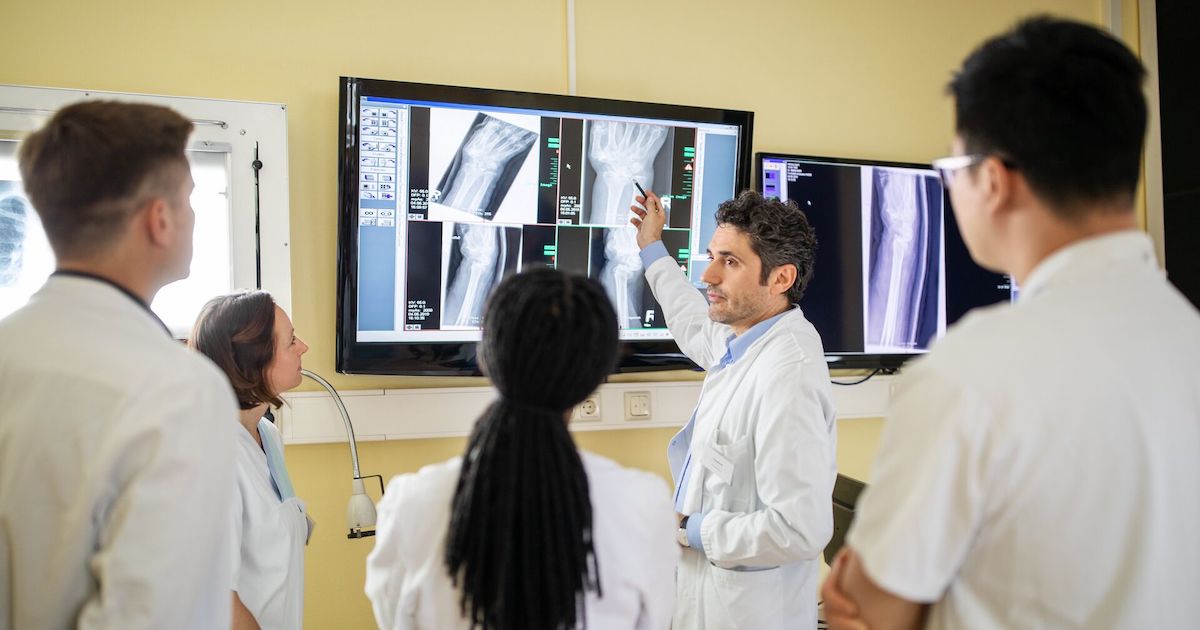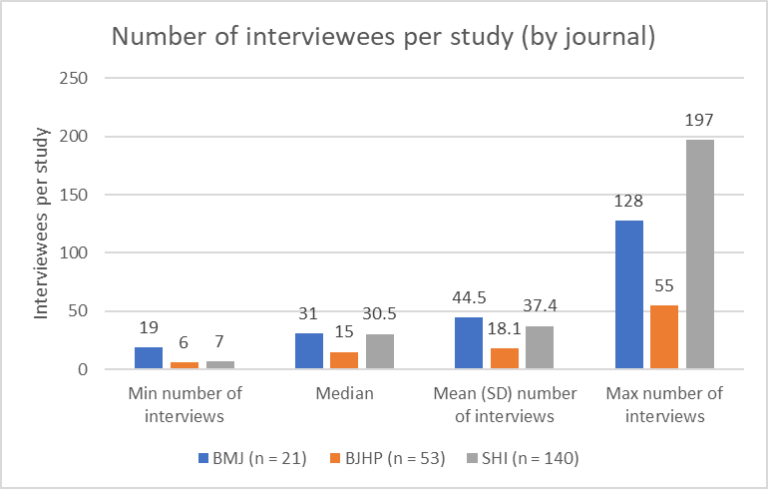
Medtech offers API integration for real-time radiology reporting
Auckland-headquartered Medtech Global has recently worked with Zed Technologies and private diagnostics imaging company Horizon Radiology to enable real-time radiology reporting for general practitioners.
They have established real-time API connection through the Zed medical image-sharing platform so diagnostics providers can directly send reports to doctors’ inboxes. Based on a media release, this was made possible using the ALEX platform, which enables event-driven data sharing using FHIR APIs.
At present, radiology reports around New Zealand are sent from radiology providers via encrypted store-and-forward messaging with files picked up every 1-2 hours and available for viewing when a clinic connects.
The Zed platform integration was piloted at Tamaki Health’s Sylvia Park clinic, which is co-located with Horizon Radiology. Tamaki is now looking to scale the integration across the group.
Additionally, Integral Diagnostics NZ, of which Horizon is a part, is also exploring the FHIR-based integration across its network, including Astra Radiology, SRG Radiology and Trinity MRI, “over the coming months.”
Optiscan, Mayo Clinic to enhance robotic surgery
Optiscan Imaging, an ASX-listed digital microscopic imaging company, has entered into a know-how agreement with Mayo Clinic to develop a digital confocal laser endomicroscopic imaging system for robotic surgery.
Their tandem combines Optiscan’s expertise in making digital endomicroscopic hardware and software with Mayo Clinic’s robotic surgery knowledge. They will initially focus on building a digital endomicroscopic imaging system for robotic-assisted breast cancer surgery.
Mayo Clinic, one of the world’s biggest not-for-profit healthcare groups, is known to take on 4,000 robotic surgery cases each year. The robotic surgery service market in the United States is expected to be worth $6.4 billion by 2030.
“The collaboration is part of Optiscan’s wider strategic focus on the US market, and its plan to embed its platform technology as a key component of intraoperative oncological surgery workflows in a variety of settings and clinical applications to provide surgeons with real-time microscopic information of cancer clearance for the potential to reduce missed cancers and minimise repeat surgeries due to residual disease,” Dr Camille Farah, CEO and managing director of Optiscan, said in a statement.
New online support tool for stage 4 cancer patients on trial
Researchers from Flinders University are now putting to test their free online support tool that guides people through the mental impact of their advanced breast cancer diagnosis.
Now in its testing phase, Finding My Way-Advanced helps cancer patients go through stage 4 cancer, “from navigating the healthcare system and their treatment, through to providing coping strategies for the physical, emotional and social changes that an individual may experience.”
“Our ultimate goal is to help people come to terms with living with advanced or metastatic breast cancer as a chronic condition, but more [importantly] to be able to live well with it,” explained Lisa Beatty, program developer, clinical psychologist, and associate professor at Flinder’s College of Education, Psychology and Social Work.
The digital tool is an iteration of an earlier program, Finding My Way, which was developed over a decade ago. It was designed to support those with early-stage cancer.




